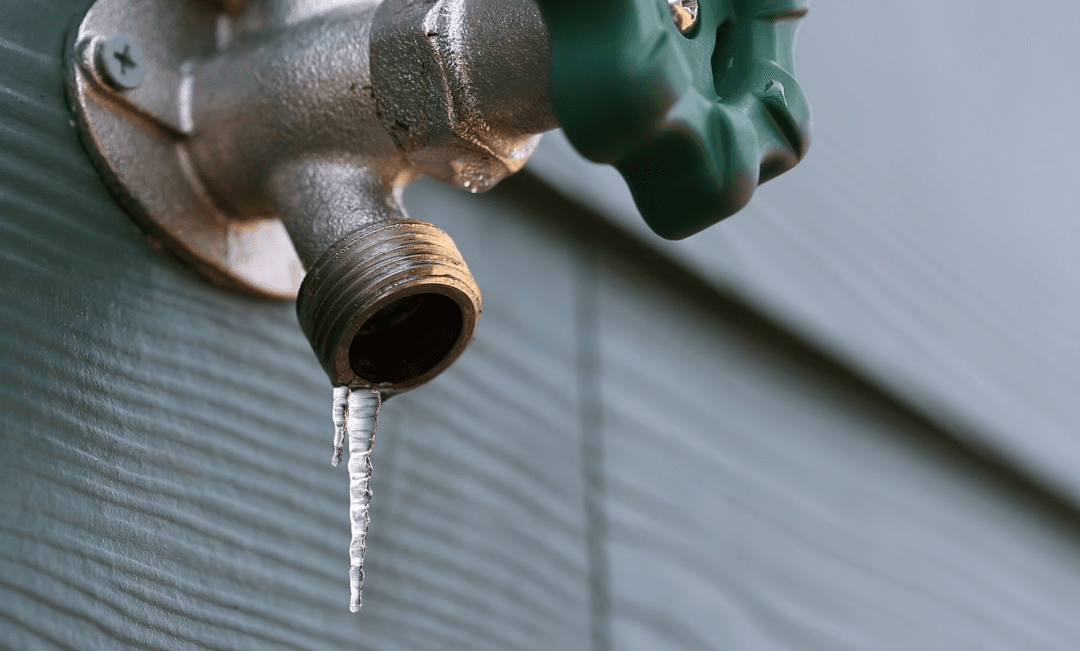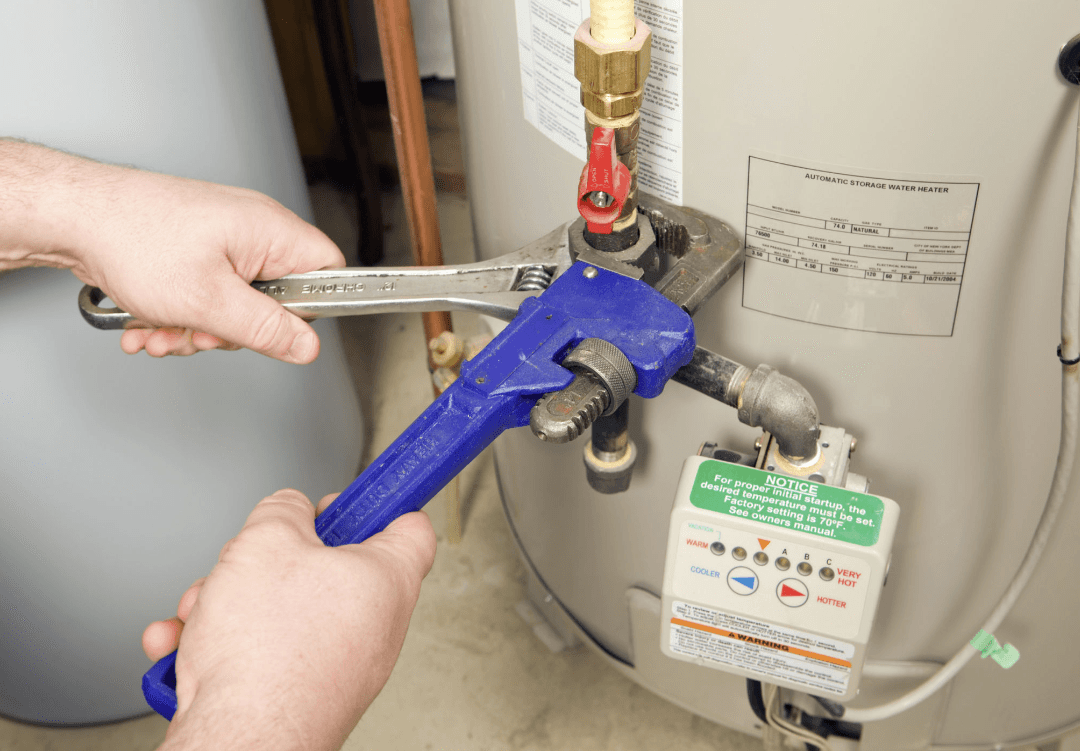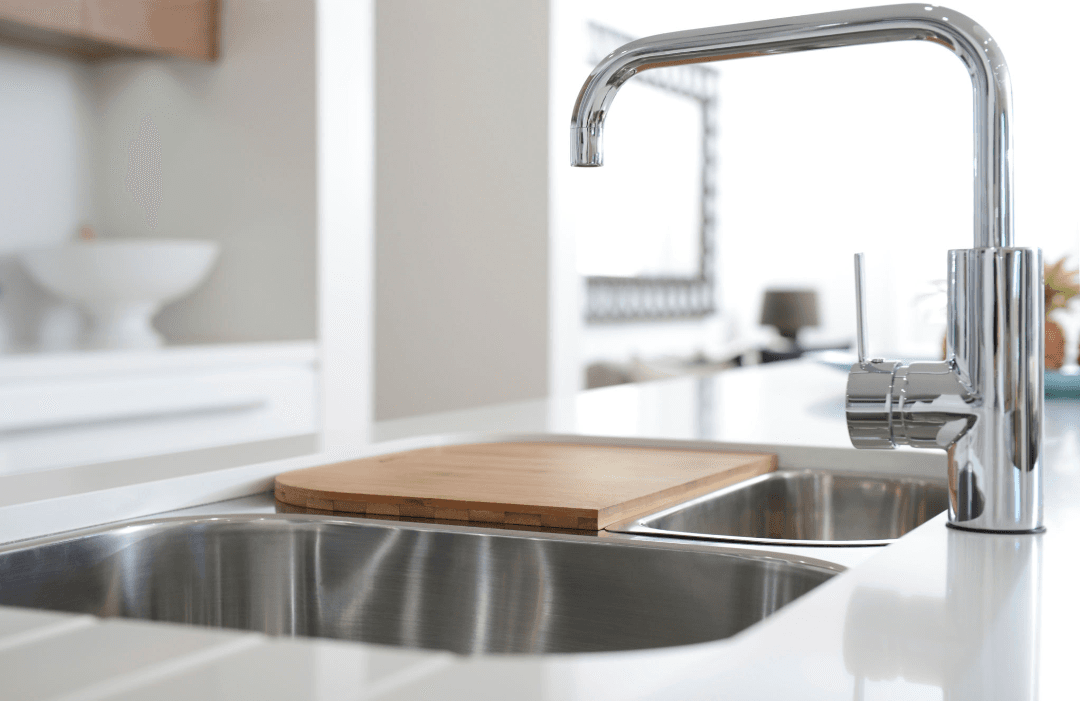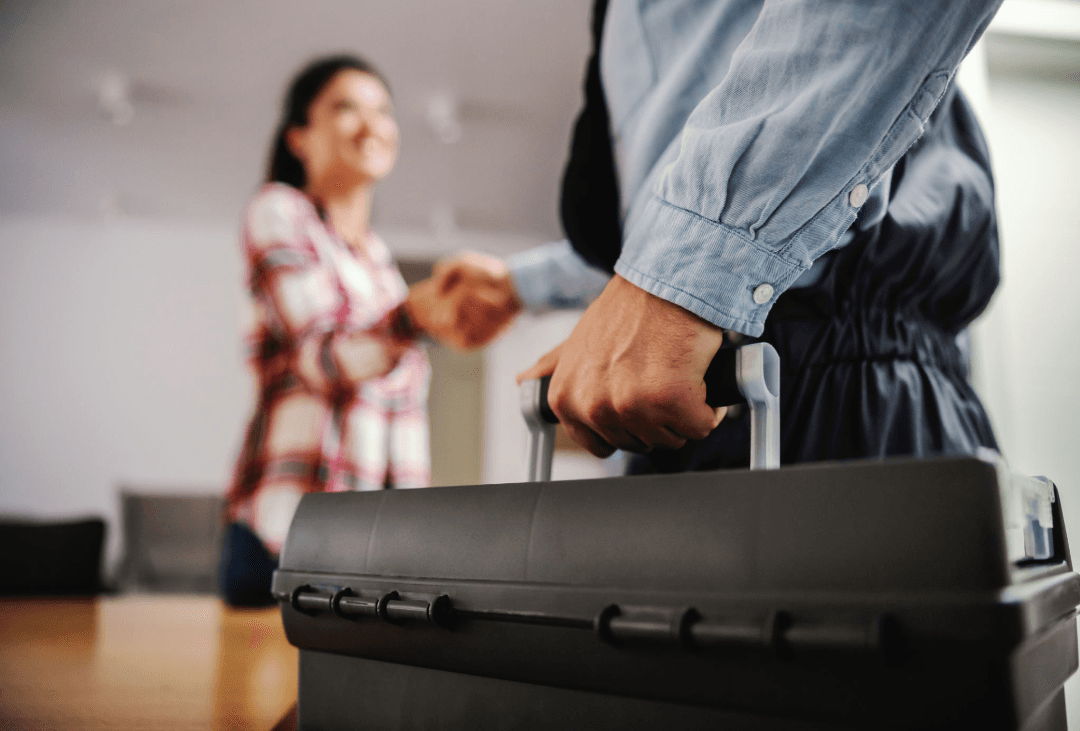Plumbing issues can strike at any time, often when we least expect them. Whether you’re dealing with a leaky faucet or a major pipe burst, having some basic plumbing knowledge can save you time, money, and stress. That’s why the experts at Service by Scott have compiled these essential plumbing tips everyone should know.
From preventing frozen pipes to handling common drain problems, these plumbing tips will help you maintain your home’s plumbing system and know when to call the professionals. Let’s dive into ten crucial plumbing tips that will empower you to take better care of your home and avoid costly repairs.
1. Know Your Main Water Shut-off Valve Location
One of the most crucial plumbing tips is knowing where your main water shut-off valve is. This knowledge can be the difference between a minor inconvenience and a major disaster when faced with a plumbing emergency.
How to Find and Operate Your Shut-off Valve
Your main water shut-off valve is typically located near where the main water line enters your home. In most cases, this is in the basement, crawl space, or near the water heater. The valve usually looks like a wheel or lever. To shut off the water, turn the wheel clockwise or flip the lever to a 90-degree angle from the pipe.
When to Use the Shut-off Valve
Use the main shut-off valve in emergencies such as a burst pipe or when performing major plumbing repairs. Shutting off the water quickly can prevent extensive water damage to your home. It’s a good idea to practice locating and operating the valve before an emergency occurs.

2. Prevent Frozen Pipes
Among essential winter plumbing tips, preventing frozen pipes is a top priority. Frozen pipes are a common and potentially costly problem in colder climates. Taking preventive measures can save you from the headache of dealing with burst pipes and water damage.
Insulation Techniques for Pipes
Insulate exposed pipes in unheated areas of your home, such as the attic, basement, or crawl spaces. Use foam pipe insulation sleeves or heat tape to protect vulnerable pipes. Don’t forget outdoor spigots – disconnect hoses and use insulated covers to protect them from freezing temperatures.
What to Do During Extreme Cold
During extremely cold weather, let faucets drip slowly to keep water moving through the pipes. Open cabinet doors under sinks to allow warm air to circulate around the plumbing. If you’re going away during winter, never set your thermostat below 55°F (13°C) to prevent indoor pipes from freezing.
3. Avoid Chemical Drain Cleaners
A key plumbing tip for maintaining your pipes is to avoid chemical drain cleaners. While it can be tempting to reach for a bottle of chemical drain cleaner when faced with a clog, these products can do more harm than good. There are safer and more effective ways to maintain your drains.
Why Chemical Cleaners Are Harmful
Chemical drain cleaners are highly corrosive and can damage your pipes, especially with repeated use. They’re also harmful to the environment and can be dangerous if they come into contact with your skin or eyes. Moreover, they often provide only a temporary fix without addressing the root cause of the clog.
Natural Alternatives for Clearing Drains
Try natural methods first, such as a mixture of baking soda and vinegar followed by hot water. For tougher clogs, use a plunger or a drain snake. Regular maintenance, like running hot water down drains weekly and using drain catches to prevent hair and debris from entering, can help prevent clogs in the first place. If these methods don’t work, it’s time to call a professional plumber like Service by Scott.

4. Regular Maintenance of Your Water Heater
Your water heater is essential to your home’s plumbing system, providing hot water for showers, dishes, and laundry. Regular water heater maintenance is one of those plumbing tips that can save you money and extend the life of your appliance.
Annual Flushing and Inspection
Flush your water heater annually to remove sediment buildup. This simple maintenance task can improve efficiency and prevent corrosion. Turn off the power, connect a hose to the drain valve, and let the tank empty. Then, briefly open the cold water supply to flush out the remaining sediment.
Signs Your Water Heater Needs Attention
Watch for signs of water heater problems, such as strange noises, rusty water, or inconsistent temperatures. If you notice these issues or your water heater is over 10 years old, it might be time for a professional inspection or replacement.
5. Fix Running Toilets Promptly
A running toilet is more than just an annoyance; it can waste hundreds of gallons of water and significantly increase your water bill. One of the most water-saving plumbing tips is to fix running toilets promptly.
Common Causes of Running Toilets
Running toilets are often caused by a faulty flapper, an improperly adjusted chain, or a fill valve that needs replacement. These components can wear out over time, leading to constant water flow into the bowl.
Simple DIY Fixes
Many toilet issues can be fixed with simple DIY solutions. Check the chain connection between the flush lever and flapper, adjust the float, or replace the flapper. If these solutions don’t work, it might be time to call a plumber for more complex repairs.
6. Be Mindful of What Goes Down Your Drains
One of the most important plumbing tips is to be cautious about what you allow to go down your drains. Proper disposal habits can prevent clogs, backups, and expensive plumbing repairs.
Items to Never Flush or Drain
Avoid flushing anything other than toilet paper and human waste. Keep grease, oil, coffee grounds, and fibrous foods out of your kitchen sink. In the bathroom, use drain catches to prevent hair and soap scum buildup.
Proper Disposal Methods
Dispose of grease and oil in the trash after they cool. Compost coffee grounds and food scraps when possible. For items like paint or chemicals, check local disposal guidelines or use specialized disposal services.

7. Install Water-Saving Fixtures
Upgrading to water-saving fixtures is an eco-friendly plumbing tip to reduce water consumption, lower utility bills, and contribute to environmental conservation. These simple changes can make a big difference in your home’s water efficiency.
Benefits of Low-Flow Fixtures
Low-flow fixtures can reduce water usage by up to 60% without sacrificing performance. This translates to significant savings on your water bill and helps conserve a precious resource. Many water-efficient models are designed to provide the same or better user experience as traditional fixtures.
Easy Upgrades for Water Conservation
Start by replacing old showerheads with low-flow models. Install aerators on your faucets to reduce water flow while maintaining pressure. When it’s time to replace toilets, choose dual-flush or low-flow models. These simple upgrades can lead to substantial water savings over time.
8. Learn to Read Your Water Meter
Understanding how to read your water meter is a valuable skill that can help you monitor your water usage, detect leaks, and verify the accuracy of your water bills. It’s an essential part of managing your home’s plumbing system.
How to Locate and Read Your Water Meter
Your water meter is typically located near the street in a covered box or near your home’s main water shut-off valve. Most meters have a numerical display that shows water usage in gallons or cubic feet. Some have a small rotating dial that indicates even small amounts of water flow.
Using Your Meter to Detect Leaks
To check for leaks, turn off all water sources in your home and observe your meter. If it’s still moving, you may have a leak. You can also record the meter reading before and after a period of no water use (like overnight) to detect slow leaks.
9. Keep Your Sump Pump in Good Condition
A well-maintained sump pump is crucial for protecting your basement or crawl space from flooding. Regular care ensures it’s ready to function when you need it most, potentially saving you from costly water damage.
Regular Testing and Maintenance
Test your sump pump every few months by pouring water into the sump pit to activate the pump. Clean the pit and check the discharge pipe annually. Ensure the pump is plugged into a GFCI outlet and consider a battery backup for power outages.
Signs Your Sump Pump Needs Replacement
Watch for signs of sump pump failure, such as strange noises, vibrations, irregular cycling, or visible rust. If your pump runs constantly or is more than 7-10 years old, it may be time for a replacement. Don’t wait for failure during heavy rain to address these issues.

10. Know When to Call a Professional
While many plumbing tasks can be DIY projects, it’s crucial to recognize when a job requires professional expertise. Knowing when to call a plumber is one of the most important plumbing tips, as it can prevent small issues from becoming major problems and ensure your plumbing system remains in top condition.
DIY vs. Professional Jobs
Simple tasks like unclogging drains, fixing running toilets, or replacing faucet washers are often suitable for DIY. However, jobs involving main sewer lines, gas lines, or major installations should always be left to professionals.
Choosing a Reliable Plumber
When selecting a plumber, look for licensed, insured professionals with good reviews. Service by Scott, with over 30 years of experience in Tyler County, offers reliable plumbing services for both routine maintenance and emergencies. Don’t hesitate to call the experts for complex issues or if you’re unsure about a plumbing problem.
Conclusion: Mastering These Plumbing Tips for a Worry-Free Home
By implementing these essential plumbing tips, you’re taking proactive steps to maintain your home’s plumbing system and prevent costly repairs. From knowing your main water shut-off valve location to understanding when to call a professional, these insights will help you handle common plumbing issues with confidence.
Remember, regular maintenance is key to avoiding major problems. Be mindful of what goes down your drains, look out for leaks, and consider upgrading to water-saving fixtures. These simple actions can save you money and contribute to water conservation efforts.
While these plumbing tips empower you to handle many situations, some issues require professional expertise. Don’t hesitate to contact Service by Scott when you need reliable, experienced plumbing services in Tyler County and surrounding areas. With over 30 years of experience, we’re here to tackle any plumbing challenge, big or small. Call us today for expert service and peace of mind for all your plumbing needs.
FAQs
How often should I have my plumbing system inspected?
It’s recommended to have a professional plumbing inspection annually to catch potential issues early and ensure everything is functioning properly.
What’s the best way to prevent clogged drains?
Use drain catches to prevent hair and debris from entering, avoid pouring grease down the sink, and run hot water through your drains weekly to prevent buildup.
How can I reduce my water bill?
Install water-saving fixtures, fix leaks promptly, be mindful of water usage habits, and consider upgrading to energy-efficient appliances.
What should I do if I have a major leak?
Immediately shut off your main water valve, then call a professional plumber like Service by Scott for emergency repairs.
Are there any warning signs of potential plumbing issues I should watch for?
Look out for decreased water pressure, unusual noises in pipes, slow drains, water stains on walls or ceilings, and unexplained increases in your water bill.

